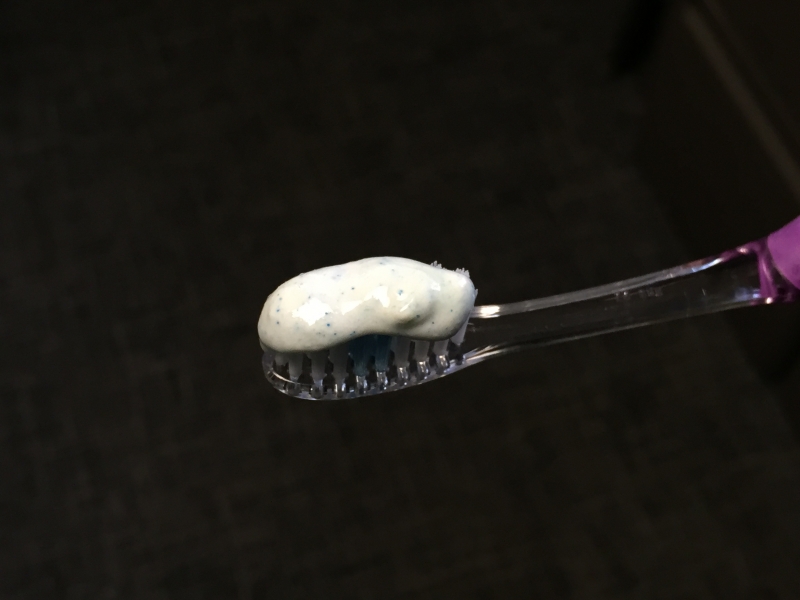
On Monday, December 28th, President Obama signed the Microbead-Free Waters Act of 2015 into law. This new law bans plastic microbeads in cosmetics and personal care products, requiring companies to stop manufacturing products that contain them. Microbeads are tiny plastic beads that have commonly been added as abrasives to health and beauty products such as exfoliating face washes and toothpastes, and are designed to wash down the drain. Congress’ swift passage of this legislation is reflective of a growing movement to ban microbeads at the state level– in 2015 alone, 47 bills to ban microbeads were introduced in 25 state legislatures and nine were signed into law.
The Microbead-Free Waters Act will help stop the introduction of plastic microbeads into our ocean, coasts, and Great Lakes. Beginning in July 2017, this law will phase out the manufacture of microbeads and by July 2019, it will completely halt distribution of all cosmetic and personal care products containing microbeads. This will eliminate the daily release of an estimated 8 trillion plastic microbeads into our nation’s waters.
This ban works to address the numerous issues caused by plastic microbeads in marine environments. For instance, research has shown that plastics persist for decades in aquatic and marine habitats, breaking down into ever-smaller pieces. Plastics have also been shown to absorb toxic chemicals from their surrounding environment and additional research has shown that these toxic plastics are regularly consumed by marine life. Initial research has found that ingested plastics may then transfer these toxic chemicals to marine life, subsequently moving up the food chain.
Removing microbeads from cosmetics and personal care products is a positive step toward combating marine debris in our waters. However, we must keep in mind that there are more than eight million metric tons of plastic introduced into the ocean each year, with microbeads only acting as one of many sources. There is still a lot of work to be done and we can all help! You can help address the plastic problem by taking the following steps to reduce single-use and disposable plastics entering the ocean and Great Lakes:
- Tap it! Drink tap water from a reusable container
- Reuse it! Take along your reusable coffee mug, food containers, silverware, and shopping bags
- Refuse it! Buy fewer plastic items, avoid products with plastic microbeads, and opt for products that minimize plastic packaging
- Recycle it! Recycle the plastics you do use
- Can it! Use a trash can with a lid so your plastics and other waste do not accidentally end up in our waterways
- Remove it! Join beach cleanups to help pick up trash in our waterways and on our coasts
